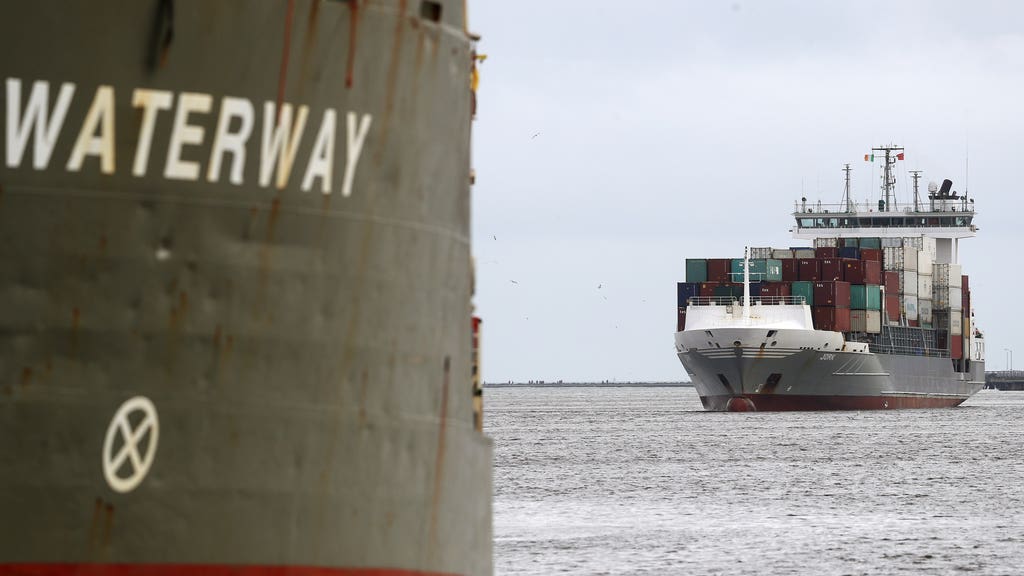Trade Down 50% On Ireland To GB Routes From January 2020

Trade fell by a half on Republic of Ireland to Great Britain routes from January 2020 to January 2021.
New figures from the Irish Government show that at the end of January 2021, trade volumes on ROI/GB routes were 50% of those reported in January 2020.
But trade was gradually increasing week-by-week, from 61 inbound movements between January 1 and 2, to 1,334 between January 28 and 29.

The initial drop was explained as being due to a number of factors, including Brexit stockpiling, Covid-19 restrictions and new Brexit checks and controls.
Of those freight vehicle movements coming through Irish ports, approximately 80% were green routed – meaning those trucks can leave the port immediately after arriving.
New checks which have been introduced since Brexit came into force on January 1 were described as “inevitably taking additional time”, but this time could be minimised through the completion of necessary procedures in advance.
Meanwhile, freight volumes on routes to mainland Europe were up 100% on last year.
A number of new direct services and routes to European ports have come on stream.
In January 2020, there were 12 weekly sailings to Northern France. This rose to 36 sailings to Northern France in January 2021.
In a statement, the Irish Government said departments and state agencies recognised the new trading arrangements with Great Britain represented the biggest change for trade and business in almost 50 years.
“While many are successfully continuing to trade with Great Britain, mainly as a result of their levels of preparation ahead of December 31, some businesses, large and small, are having difficulty, in some cases severe difficulty, adapting to the new system of controls,” it said.
“Revenue, DAFM (Department of Agriculture, Food and the Marine) and the HSE (Health Service Executive) have 24-hour operations at Dublin Port as well as a range of online support structures and helplines for businesses.”




